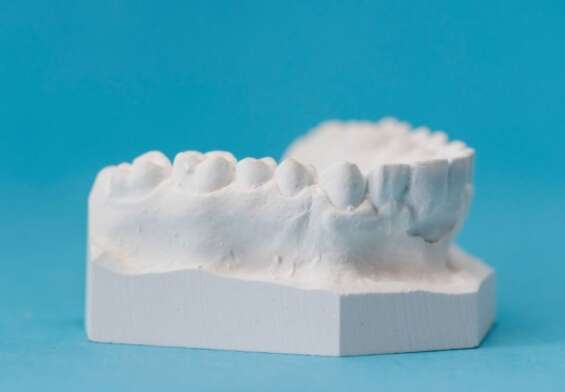
How Top ENT Specialist Diagnoses & Cure Ear Infection?
Ear infections are a common ailment, especially among children. They are caused by inflammation or infection of the middle ear, which is the space behind the eardrum. The infection can be bacterial or viral, leading to symptoms such as pain, fever, and difficulty hearing. This article will discuss how a top ENT specialist diagnoses and cures ear infections.
Diagnosis of Ear Infection
An ENT specialist will start by conducting a physical examination of the ear, which involves looking into the ear canal using an otoscope. The otoscope has a light and a magnifying lens that allows the doctor to see the eardrum and the middle ear. The eardrum may appear red, inflamed, and bulging if an infection occurs. The doctor may also look for fluid behind the eardrum, a sign of a middle ear infection.
The doctor may also perform a hearing test to determine the extent of hearing loss. This test involves using a tuning fork or audiometer to measure the patient’s ability to hear different frequencies and volumes of sound.
In some cases, experts from https://earnosethroat.com.sg assert that the doctor may order additional tests, such as a CT scan or an MRI, to determine the cause and extent of the infection. These tests can also help identify any underlying conditions contributing to the infection.
Treatment of Ear Infection
The treatment of an ear infection will depend on the cause and severity of the infection. In most cases, the infection will clear up within a few days without any treatment. However, the doctor may prescribe medication to relieve symptoms and speed up healing.
Antibiotics are commonly prescribed to treat bacterial infections. The medication may be administered orally or in the form of eardrops. The patient may need to take medicine several days to a week, depending on the severity of the infection.
Pain relievers, such as acetaminophen or ibuprofen, may also be prescribed to relieve pain and reduce fever. These medications should be taken as directed by the doctor or pharmacist.
The doctor may recommend surgical intervention if the infection is severe or chronic. The most common surgical procedure for ear infections is a myringotomy. This procedure involves making a small incision in the eardrum to drain any fluid or pus from the middle ear. The doctor may also place a tiny tube in the incision to allow air to enter the middle ear and prevent fluid buildup.
Prevention of Ear Infection
Ear infections can be prevented by taking certain precautions, such as avoiding exposure to cigarette smoke, keeping the ears clean and dry, and avoiding contact with individuals with colds or other respiratory infections.
Children who are prone to ear infections may benefit from a vaccine called the pneumococcal conjugate vaccine (PCV13). This vaccine protects against the bacteria that are most commonly associated with ear infections.
Ear infections can be painful and uncomfortable, but they can be effectively managed with prompt diagnosis and treatment. A top ENT specialist can accurately diagnose the infection and recommend appropriate treatment options.











